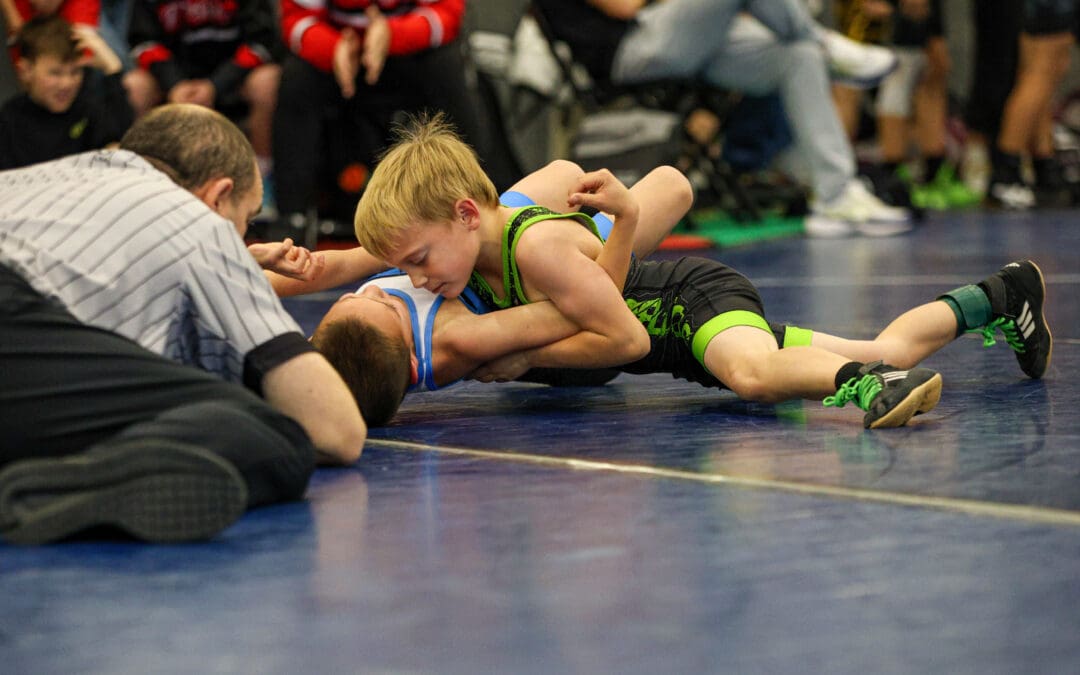“Win or lose you will never regret working hard, making sacrifices, being disciplined, or focusing too much. Success is measured by what we have done to prepare for competition.” — John Smith
The ethos of a true competitor, as articulated by wrestling legend John Smith, resonates deeply within the heart of every athlete who steps onto the mat. To compete is not merely to participate; it’s to embrace the relentless pursuit of excellence, to hunger for the challenge, and to find joy in the heat of battle. A competitor craves the opportunity to test their limits, to measure themselves against the best, and to prove their mettle.
Competition, in its purest form, is about more than winning or losing. It’s about the commitment to push beyond previous boundaries, to sacrifice and focus with unwavering discipline. Smith’s wisdom teaches us that success cannot be quantified solely by medals or accolades but by the rigor and dedication we bring to our preparation. This preparation, fraught with hard work and discipline, is what forges not just champions but character.
For a competitor, the arena is a sanctuary where courage is tested, and spirits are honed. Every match, every practice, every moment of exhaustion is a step towards self-discovery and personal greatness. The true competitor lives for these moments, understanding that the essence of competition is not the fear of failure but the bravery to face it head-on, to learn, and to emerge stronger.
Cultivating a competitive spirit in young wrestlers requires a nuanced approach, balancing rigorous training with individual athlete readiness. Our club’s approach—incorporating a lot of live wrestling and challenging drills, while carefully monitoring each wrestler’s intensity to avoid completely overwhelming them. This personalized progression fosters a sustainable increase in competitiveness, encouraging wrestlers to push their limits every practice.
Witnessing the transformation of kids from hesitant participants to eager competitors underscores the effectiveness of our methods. Through targeted practices, goal setting, celebrating progress, and sharing inspirational success stories, we create an environment that not only simulates the intensity of real competition but also values effort and learning. This comprehensive approach ensures that every young wrestler develops the resilience and drive needed to face challenges head-on, both on the mat and in life.
Parents and wrestlers can foster competitiveness by embracing John Smith’s framework for young wrestlers aiming to elevate their game. Here’s how they can grow in each key area.
Working Hard
Elevating your effort in wrestling means committing to give 1% more at every practice. It’s about pushing yourself to the point of exhaustion, not just physically but mentally too. This relentless push to improve, even by seemingly small increments, compounds over time into significant progress. It’s about leaving the mat knowing you’ve given everything you have.
Hard work does not end at practice, it extends beyond the mat, it must continue at home. Reviewing wrestling footage, drilling techniques independently, seeking constructive feedback, and undertaking cross-training to bolster overall physical strength. This holistic approach to hard work ensures wrestlers are continually evolving, becoming stronger, more adept, and strategically sharper with each session.
Making Sacrifices
Sacrifice in wrestling is a testament to the commitment and foresight required to excel. It’s about making conscious choices to prioritize the rigorous demands of training, diet, and mental preparation over immediate gratification. This level of dedication means sometimes foregoing leisure activities or social events to focus on the ultimate goal of improving performance and technique. It’s these sacrifices that lay the foundation for success, teaching young athletes the importance of prioritizing their ambitions and the value of hard work and perseverance.
Discipline
Discipline for a young wrestler means consistently adhering to a training schedule, even on days when motivation is low. It involves strict adherence to nutritional guidelines, ensuring that the body has the fuel it needs for both training and recovery. Wrestlers learn the importance of routine, from timely sleep to regular practice sessions, embedding a sense of discipline that extends beyond the sport.
Focus
Focus in wrestling requires undivided attention to the task at hand, whether it’s mastering a new technique or analyzing an opponent’s strategy. It means being mentally present during each training session, match, and review of performance. Techniques like goal setting, mindfulness exercises, and mental rehearsal before competitions can sharpen a wrestler’s focus, helping them to stay centered and react instinctively during matches.
These elements are foundational in molding a young wrestler, emphasizing that true excellence requires more than mere talent—it demands resilience, determination, and a passion for competition. This ethos not only shapes superior athletes but also individuals of character, prepared to face life’s adversities with the same dedication as they do on the mat.
John Smith’s profound words serve as a motivational beacon, urging us to recognize that our achievements are directly tied to our willingness to prepare, engage, and evolve. His message celebrates the spirit of competition and wrestling’s capacity to transform lives, foster leadership, and ignite a legacy of inspiration across generations.

